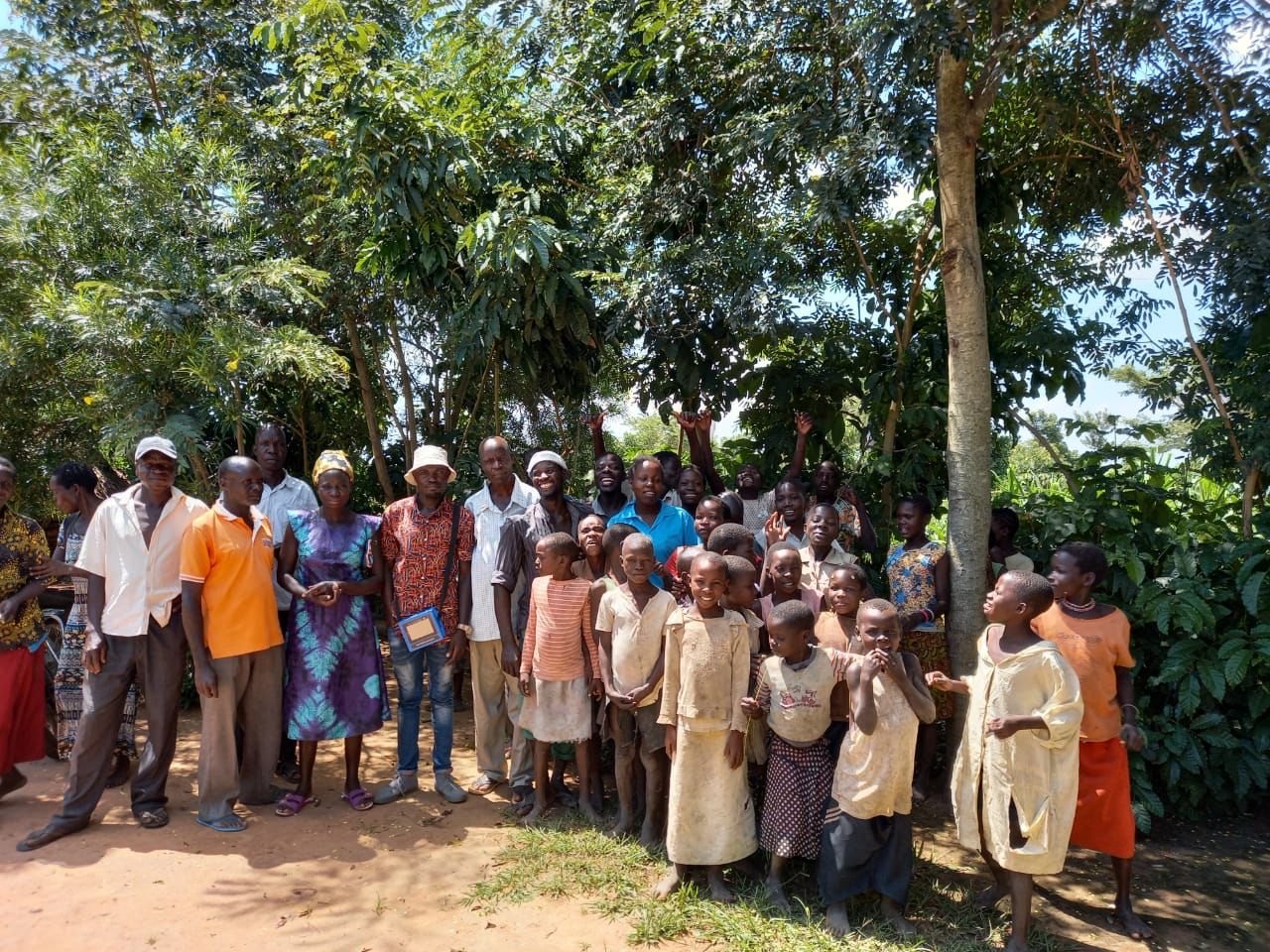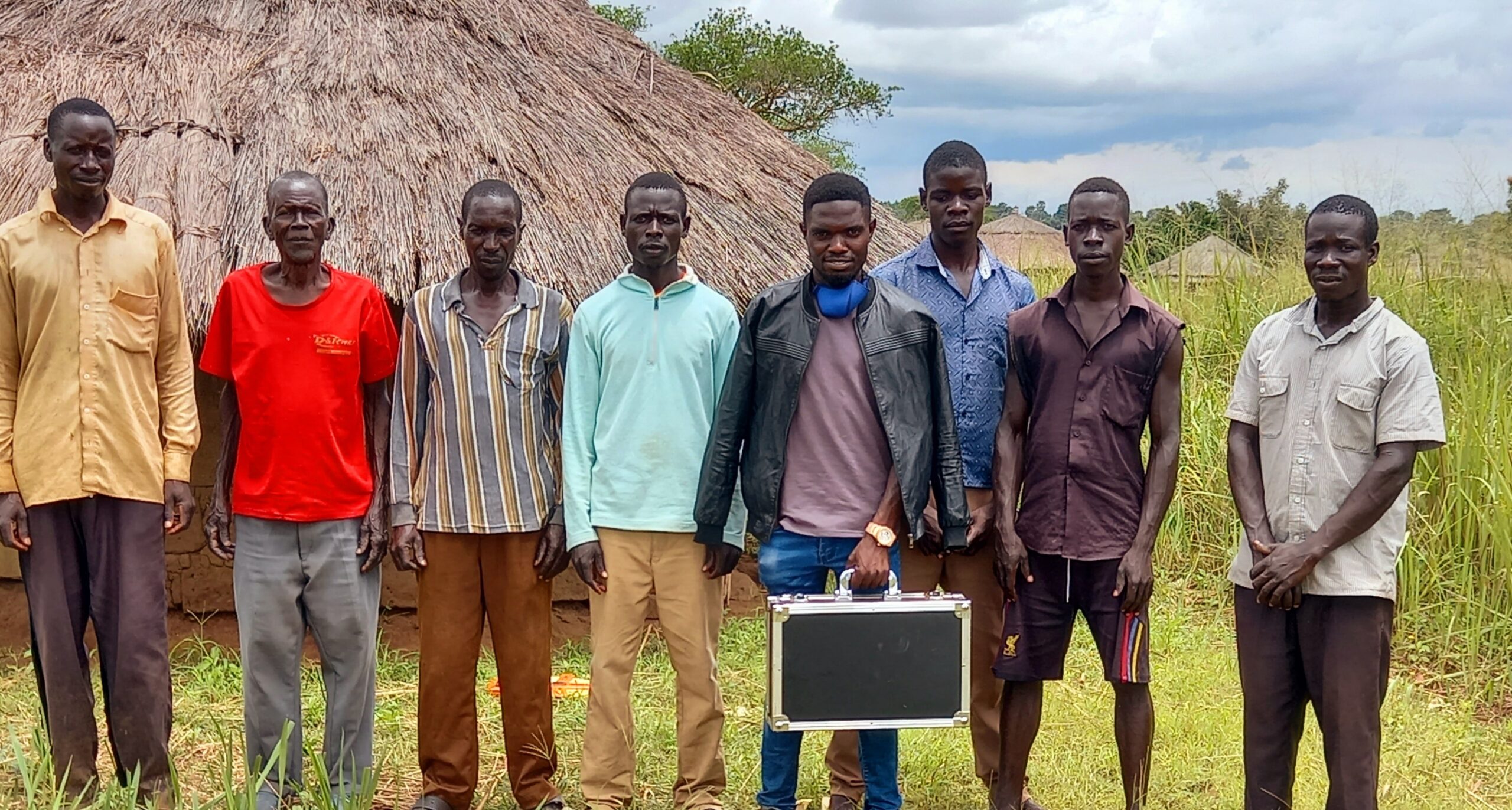The experience of PAKAST TECHNICAL SERVICES cooperation with the Australian company Armor Energy through Teclab Limited turned out to be devastating rather than profitable.
In September 2021, 325 seismic wells were drilled in Uganda under the contract with Teclab Limited, the contractor to Armor Energy. PAKAST seconded the best drilling crew to the project for timely and high-quality fulfillment of contractual obligations.
Many of the company’s ongoing projects facilitating people with water were suspended.
However, until now Teclab Limited has not paid to the contractor for the works performed.
It is strange to think that the headquarters of such a large company as Armor Energy (which is very far from Africa and can enjoy all the benefits of civilization) cannot control the financial obligations of its contractors and payments under the contracts to subcontractors, and cannot responsibly manage its exploration projects.
Is business conducted for the sake of lives of those fortunate enough to be born in a prosperous country? Does this give the right to exploit other people who work under the scorching sun with the dream to simply give their children a better life than theirs? I would like to believe that the days of such business are long gone and that the current situation is only a system failure, which will be addressed in the nearest time possible.
Is water extraction in Africa a business or a mission? Limited water resources, scorching sun, thirsty children … Drilling water wells in this region requires skills, knowledge, professional expertise and reliable technologies.
The African drilling company PAKAST TECHNICAL SERVICES has been drilling wells in Uganda for many years, helping to organize an efficient water supply system in the country.
The company’s employees are 100% local specialists, indigenous Africans who can support their families at a decent level with the money they make, which means they can contribute to economic development of Uganda.
Business provides water and bread to the African people. This is a local business for local people.
What happens when a large international client appears offering a large order corresponding to the company’s expertise?! Naturally, the order is accepted. This means recognition of the company’s professional level, a new stage of development, and, therefore, greater prosperity for employees … This should be the case according to the laws of normal business.

